How napping can help with perfectionism
Overwhelm can be a choice
How to say this gently…you’re going to have to give 10% fewer f***s to make it through your work life with your health intact.
I’m not talking about “quiet quitting,” or doing the bare minimum. I’m talking about the diminishing returns that come from putting in 100%, when 90% effort would suffice. This is the artful balance between perfectionism and “good enough.”
A few years ago, I was sitting on the beach with a good friend of mine. She is what I call a “life natural,” or someone who is never stressed even in the face of chaos. She remarked how she could accelerate her career if only she chose to give 10 percent more.
That’s not my problem, I told her. “Seek and accept responsibility,” was my mantra. Which, surprise surprise, can lead to an overwhelming amount of things on one’s plate.
Rebelling against your instincts is key
Thus began an experiment over the next 3 months where I committed to not being a perfectionist.
This was really scary. This meant not being the first to volunteer to take on an important project or setting generous deadlines when I knew I could do things in half the time.
I didn’t get fired, I didn’t get yelled at. Actually, I was given more praise. As I cut out the fluff, it became easier to see what was going to have the biggest impact. As I stopped running around like a headless chicken, I appeared to others as more “leaderly.”
And the kicker is that I felt better. Like a lot better.
Sometimes it can feel like the only way through the day is to inhale a bagel over the sink in 3 min before your next call. The truth is you have a choice.
You can be amazing at your job and not sacrifice your health. Yes, it’s possible. You just need to embrace a little bit of rebellion.
Wishing you had a community to help you move past your perfectionist tendencies?
Sign-up for the Deeps waitlist.
The Habit: Be a Nap Rebel
To dip your toe in the 10% fewer f***s pool, your exercise for this week is to be a Nap Rebel.
Schedule 30 minutes, preferably mid-afternoon, for “review time” or “coffee check-in” or whatever you want to call it in your work calendar.
Find a quiet space. Set an alarm and close your eyes.
The Science
There are 3 reasons we recommend this habit:
The journey to stressing less will require you to rebel against your instincts to keep pushing, at all costs. This is the first step to breaking that impulse and starting to re-wire your neural pathways.
15-30 minutes of afternoon napping has been shown to increase alertness and cognitive performance.
Even if you don’t fall asleep, you are doing what is called Non-Sleep Deep Rest (NSDR), a technique coined by Stanford Professor Andrew Huberman. By getting yourself to a sleep-like state for a short period of time, you are letting the brain rest, which is critical for information retention and problem-solving.
How to Know if it’s Working
You should experience a decreased heart rate and increased cognition, sense of calm, and alertness.
Sources
Huberman, Andrew. "Sleep Toolkit: Tools for Optimizing Sleep & Sleep-Wake Timing." YouTube, uploaded by Huberman Lab Podcast, 8 Aug. 2022, www.youtube.com/watch?v=h2aWYjSA1Jc&t=2809s.
Dutheil, Frédéric et al. “Effects of a Short Daytime Nap on the Cognitive Performance: A Systematic Review and Meta-Analysis.” International journal of environmental research and public health vol. 18,19 10212. 28 Sep. 2021, doi:10.3390/ijerph181910212.
Walker, Matthew PHD. Why We Sleep: Unlocking the Power of Sleep and Dreams. Scribner, 2017.
Disclaimer:
Information provided in this newsletter is not medical or professional health care advice. If you are struggling right now and looking for help, please dial 988 to talk to a trained counselor at a crisis center closest to you.





